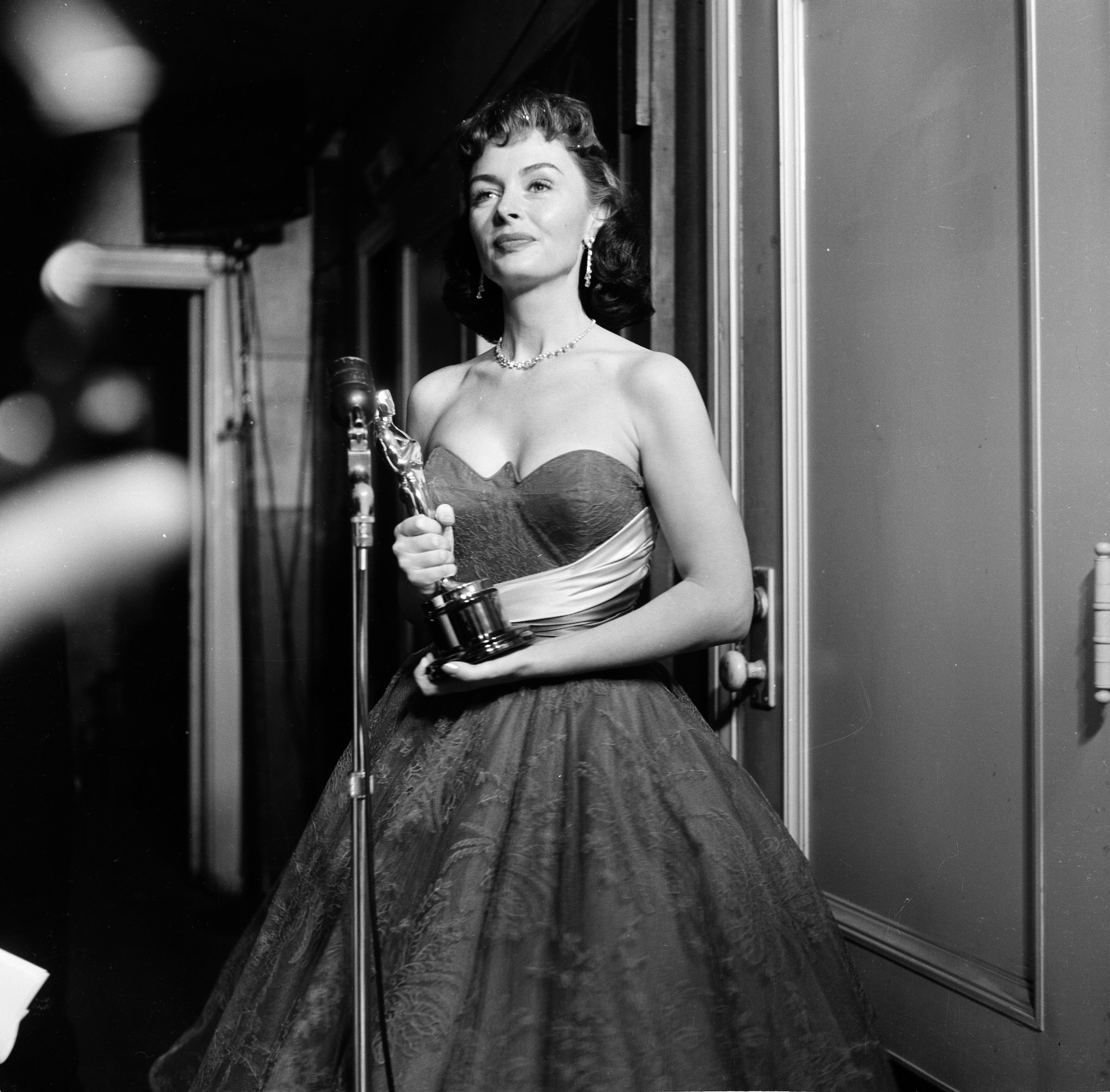
By now, President Donald Trump is well known for going off-script — and for demonstrating that when he blurts out whatever pops into his mind he often gets things wrong. It happened again on Monday, when, in an interview with the New York Post, he tried to score a point against two fine reporters, CBS News’ Weijia Jiang and Paula Reid, because they’ve had the audacity to ask pertinent questions. Calling them “angry” and dismissing “the attitude of these people,” he reached into that dark place of his for a way to put them down. “It wasn’t Donna Reed, I can tell you that,” he said.
When I heard that, I laughed out loud. Talk about the things he doesn’t know. Donna Reed would have scared the living… well, you know. Though known for the sweetness of her roles in It’s a Wonderful Life and as the archetypal 1950s and ‘60s housewife and mother on The Donna Reed Show—on which I played her daughter—the real Donna Reed was also a great, savvy, brilliant woman who was as good at calling out fakes as she was at standing up to injustice. Not only a fabulous, award-winning actress, she was a tough-minded, very successful producer and a proud Republican who fought nuclear power, actively opposed the war in Vietnam, campaigned for Senator Eugene McCarthy in the 1968 election, and was one of the founders of Another Mother for Peace. If Donna could ask Mr. Trump a question today, I guarantee it would be one he’d try to dodge by calling her “angry” and a “nasty woman.”
Like many women in a “man’s” business, Donna had to learn how to deal with big egos and small minds. When I, as a teenager, balked at doing a scene that frightened me, she’d walk me around the set and tell me stories of her life, showing me how to confront my fears and move forward in spite of them. Because, she said, intelligence and talent in a woman can be both an asset and a threat to those in the seats of power. In her era—and obviously in some throwback places like today’s White House—one had to watch and listen carefully before daring to step into the arena and present oneself as an equal.
Doing From Here to Eternity, for example, was a lesson she shared with me. Donna knew she was not the director’s first choice for the extraordinary role that she landed. That was a problem, but one she could live with since, after all, it was now hers to do. But as the filming progressed, she saw that there were shots of her character—close-ups and matching shots—that weren’t being done. The director, she realized, was minimizing the impact of her character by lessening her coverage. What to do? Should she do nothing and allow this wonderful character to become incidental? Should she say something and put the director on the defensive? Rather than make a scene, embarrass the director and become a “problem,” she began to make a careful list of all the shots that should have been done but had not been. When they got close to the moment when shooting in that set was to wrap, she went to the head of the studio, the infamous Harry Cohn, told him what was being done and presented the list of missed shots. Was she dismissed as “angry” or a “nasty woman”?
The shots turned up on the next day’s call sheet and all were completed. The result: an Academy Award. Maybe, for Ms. Jiang and Ms. Reid, a Pulitzer?
More Must-Reads from TIME
- Why Biden Dropped Out
- Ukraine’s Plan to Survive Trump
- The Rise of a New Kind of Parenting Guru
- The Chaos and Commotion of the RNC in Photos
- Why We All Have a Stake in Twisters’ Success
- 8 Eating Habits That Actually Improve Your Sleep
- Welcome to the Noah Lyles Olympics
- Get Our Paris Olympics Newsletter in Your Inbox
Contact us at letters@time.com